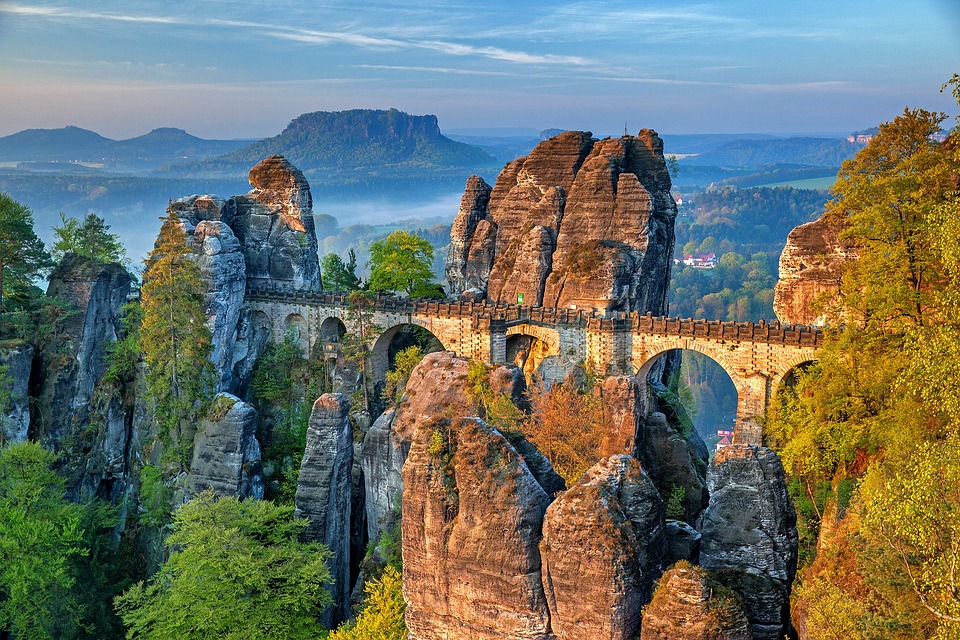The Holy Roman Empire, which existed from 800 to 1806, was a complex political entity that encompassed much of modern-day Germany and parts of present-day Italy, France, and Austria. Ruled by a series of emperors and kings, the Holy Roman Empire was a key player in European politics and warfare for centuries.
In the 16th century, Germany was at the center of the Protestant Reformation, a religious movement led by figures such as Martin Luther and John Calvin. The Reformation divided the country along religious lines, leading to years of conflict between Protestant and Catholic states.
The Thirty Years’ War, which raged from 1618 to 1648, devastated Germany and left it divided into hundreds of small, independent states. This period of fragmentation lasted until the late 18th century, when Prussia emerged as a powerful and unified state under the leadership of King Frederick the Great.
In 1871, Otto von Bismarck, the Chancellor of Prussia, united the German states into a single nation-state known as the German Empire. Under Bismarck’s leadership, Germany became a major industrial and military power, rivaling the other great European powers such as France and the United Kingdom.
However, Germany’s rise to power also led to a series of conflicts with its neighbors. World War I, which began in 1914, saw Germany pitted against the Allied powers of France, Russia, the United Kingdom, and later the United States. The war ended in 1918 with Germany’s defeat and the signing of the Treaty of Versailles, which imposed heavy penalties and territorial losses on the country.
The interwar period was marked by economic hardship and political instability in Germany. In 1933, Adolf Hitler and the Nazi Party came to power, ushering in a period of totalitarian rule and brutal oppression. World War II, which began in 1939, saw Germany once again pitted against the Allied powers. The war ended in 1945 with Germany’s defeat and the country’s division into East and West Germany.
The division of Germany was solidified in 1961 with the construction of the Berlin Wall, which separated East and West Berlin and symbolized the wider divide between communist and capitalist ideologies. The fall of the Berlin Wall in 1989 marked the end of the Cold War and the beginning of the reunification of Germany.
Today, Germany is a prosperous and powerful country that plays a key role in European politics and economics. From the Holy Roman Empire to the fall of the Berlin Wall, Germany’s history is a testament to the resilience and strength of its people.



























Add Comment